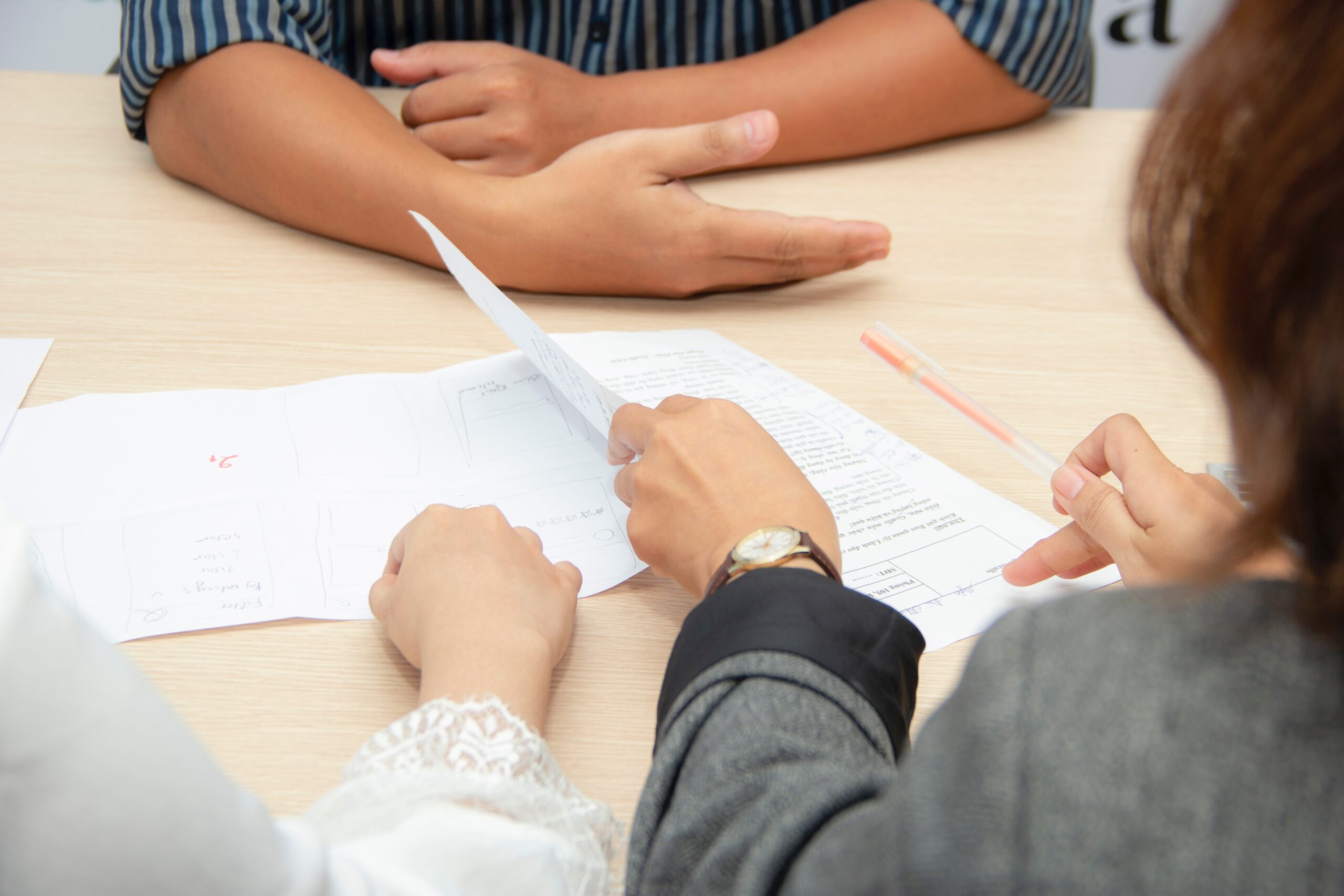You have an interview for your perfect job – Congratulations!
Yet as the big day draws near, you – like the majority of people – turn from a confident professional into a bag of nerves. Will they like me? How many people am I up against? Do I even have the skills to do this job? Stop panicking; the good news is that reaching the interview stage demonstrates they’re already interested in you and your skills. In the meantime, it’s all about preparation to ensure you give an all-star performance and with that in mind, here are our top job interview tips.
1. Research the Company
Before your interview, it is important to familiarise yourself with the company, it will provide you will an understanding of the culture and help you when preparing thoughtful questions for your interviewer.
- Articles/information on the organisation/industry
- Website
- Standards/values of the organisation
- Competitors
- Look at profiles of the interviewers on LinkedIn
- Market Trends / Regulations
- Annual Reports
2. Prepare for Common Interview Questions
Be prepared to talk through examples of previous experience and acheivements which relate to the position.
Why do you want to work here?
Refer to the research that you have carried out prior to the interview. The good reputation of the organisation; any other positive elements of working in the organisation; technologies; projects etc.
Why did you leave your last job?
Explain honestly the reasons why you left your last employer. If there is anything positive to say, say it. If you left for health reasons point out that you are now fit and reassure the employer that you can do the duties required, or, if you were dismissed, that you take responsibility for your actions and that you have learned from the experience. Do not talk negatively about your current or previous employers.
Have you worked in this environment before?
Yes – tell them of your experience and the skills you have gained whilst working in this particular environment.
No – Compare examples of previous jobs/work experience which have similarities. Emphasise your interest and enthusiasm to learn.
What did you do in your last job/what were your key achievements?
Describe:
- Skills and duties relevant to the role you’re being interviewed for
- Your responsibilities
- Stakeholders worked with
- Project outcomes
Why should we take you on?
- Describe your skills and experience and how they relate to this job
- Revisit how your skills match the job description or what you’ve learnt whilst in the interview
What are your strengths and weaknesses?
They should already know your strengths from your application form / CV or they would not be interviewing you, but if they ask about any weaknesses:
- Start by describing parts of your last job that you found testing but explain how you overcame these problems
- Be fairly brief but honest, e.g. “I can sometimes be a little too enthusiastic”. Employers value people who can admit their mistakes rather than blaming their failings on others.
3. Plan your route
Plan your journey (including train times, parking, etc.) Consider a “dummy run” before the day of the interview or check how long the journey will take via other means such as online route planners e.g. Google Maps. Plan an alternative means of getting there and be prepared for the unexpected.
If you have a disability, check there are no obstacles that could cause you problems or delays and contact the company if you require any additional help.
Aim to arrive circa 10 minutes early –
- Make sure you’ve got all relevant paperwork, e.g. CVs, invitation letter
- If you are unavoidably delayed, telephone the office and let us know ASAP – we’ll let the client know
4. Gather the written information you will need at the interview
- CV, references, certificates, portfolio, etc.
- Re-read the job description to refresh your memory – make sure you haven’t missed something.
Check out the next in our interview series to help you on the day!




